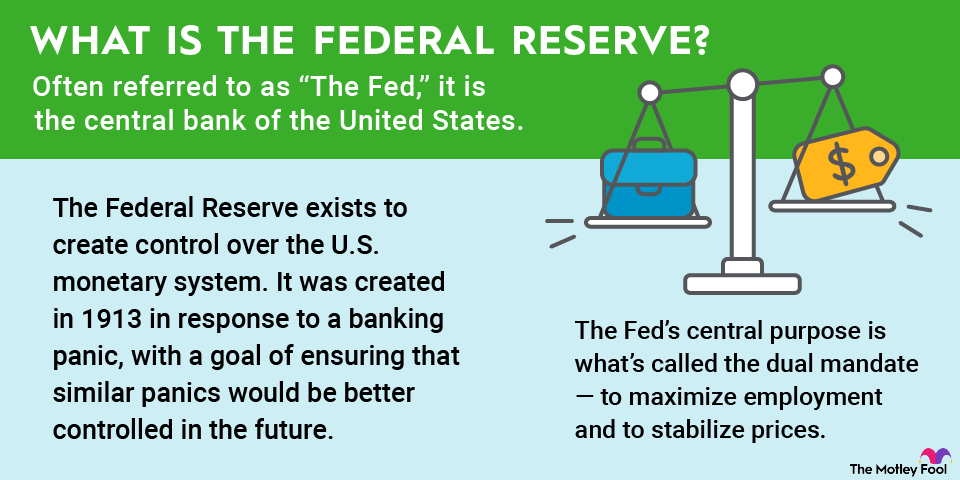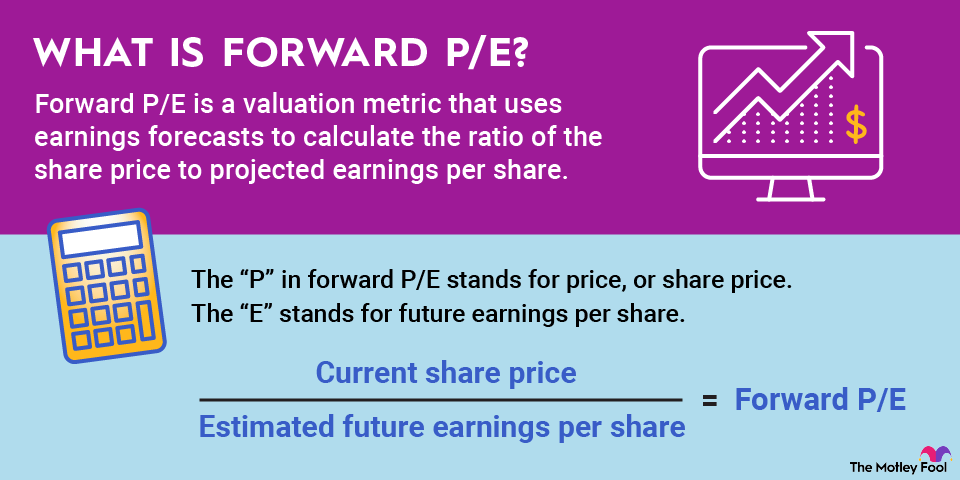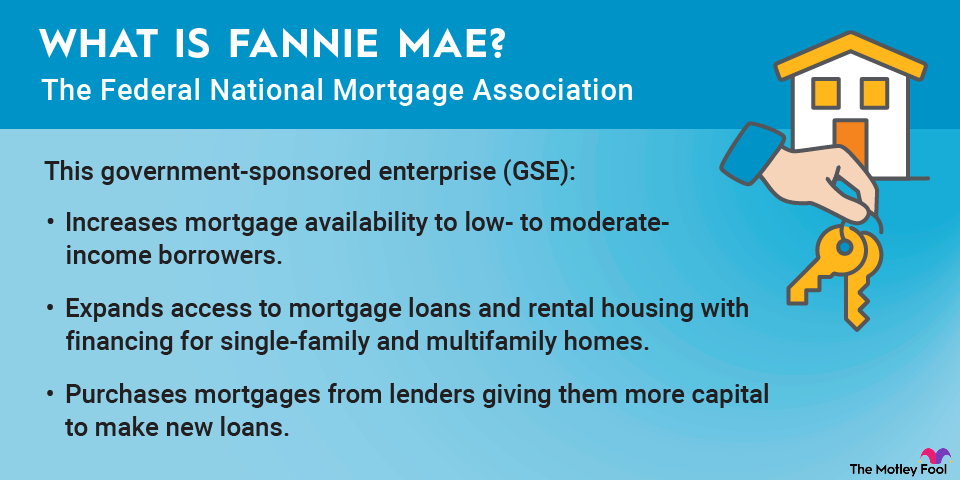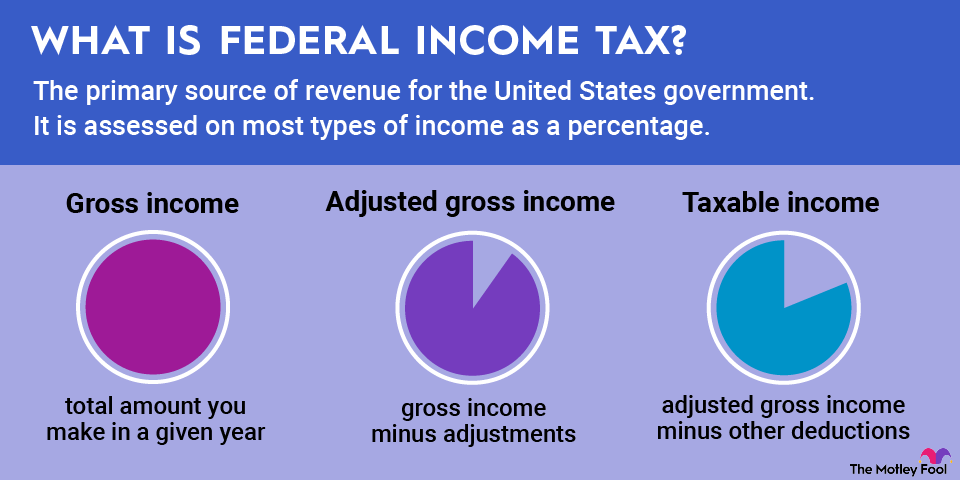You’ve probably heard mentions of fiscal policy. It’s often a hot topic in Washington, but the term is a broad one that can mean a number of different things.
In general, it refers to the federal government’s policies on spending and taxes and their influence on the economy.
Often, fiscal policy is spoken of in contrast to monetary policy, which is controlled by central banks like the Federal Reserve Board. Fiscal policy, on the other hand, is generally controlled by legislators, such as the U.S. Congress.

What is included in fiscal policy?
Fiscal policy encompasses a broad range of government activities regarding spending and revenue, generally involving taxation.
Fiscal policy can include defense spending, Social Security and Medicare, and safety net programs like food stamps. It can also refer to temporary programs like the Paycheck Protection Program during the pandemic. On the opposite side of the equation, it includes how taxes are structured, as well as tax code incentives and disincentives.
Why does fiscal policy matter?
Fiscal policy likely affects your life in more ways than you’re aware of. Almost every American pays taxes, for example, and tax policy changes frequently at both federal and state levels. Additionally, government spending programs will affect you directly if you’re a beneficiary. For example, student loan forgiveness programs have helped millions of former students save money on their loan payments, and the Affordable Care Act allowed tens of millions of Americans to buy health insurance. Even the minimum wage and labor laws, like those mandating overtime pay, fall under the umbrella of fiscal policy, as do trade policies like tariffs and fair trade agreements.
Government officials sometimes discuss fiscal policy in the larger context of supporting the economy or accomplishing certain goals -- generally low unemployment and strong economic growth.
What’s the difference between fiscal policy and monetary policy?
Fiscal policy is often discussed in contrast to monetary policy, the other set of levers the government uses to influence the economy.
Monetary policy is set by central banks like the Federal Reserve Board, and includes the raising and lowering of interest rates in response to inflation and economic growth. It also refers to central banks’ ability to buy or sell bonds, which has become known as quantitative easing or tightening, respectively.
Monetary policy has been in the spotlight over the last year as the Fed has aggressively raised interest rates to slow inflation. At times, Fed chairman Jerome Powell has also called on Congress to do more with fiscal policy to bring down inflation and support the economy.
Expert views
Academic views on fiscal policy
What’s an example of fiscal policy?
One of the most basic examples of fiscal policy in action is a tax cut. Governments often use tax cuts to stimulate spending or boost the economy. In the aftermath of the financial crisis, for example, the government issued a temporary payroll tax cut designed to help stimulate the economy and encourage workers to spend more.
More recently, Congress passed the Tax Cuts and Jobs Act, which reduced the corporate tax rate. The measure was designed to support businesses and make the U.S. more competitive with corporate tax rates in other countries.
Fiscal policy can also influence the stock market; anticipation for the Tax Cuts and Jobs Act and its passage gave the stock market a boost, along with hopes for a trade deal with China.
Good fiscal policy can often help jump-start a new bull market, as programs such as the Troubled Asset Relief Program did during the Great Recession.
As investors know, a wide range of factors can influence the stock market, but it’s important not to overlook the impact of fiscal policy. It’s a good idea to pay attention to headlines coming out of Washington, especially those regarding government spending, taxes, and other decisions that can affect the stock market.


















